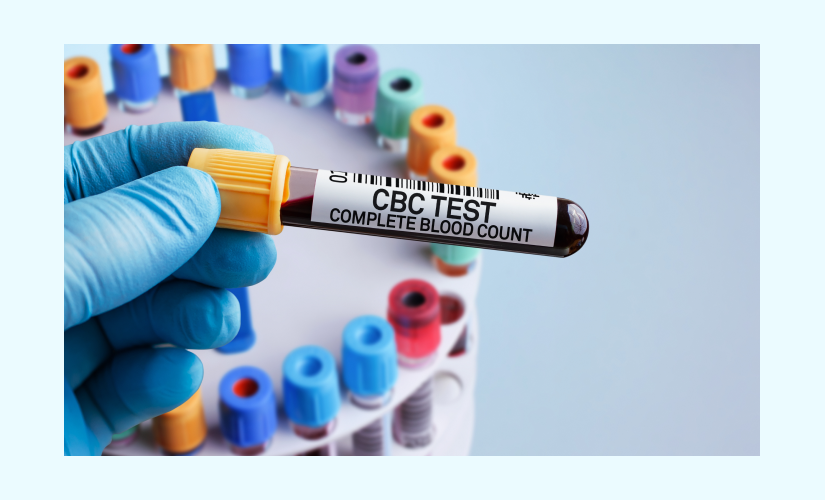The blood test is one of the most basic and versatile diagnostic instruments in the medical field. Blood tests in Ghaziabad provide essential insights into numerous aspects of health, from detecting underlying disorders to tracking the efficacy of treatment.
Whether you’re a healthcare professional trying to expand your knowledge or a layperson trying to understand the procedure better, Amrapali Diagnostics aims to provide clarity and information on this crucial component of modern medicine.
Understanding Blood Tests
A blood sample is evaluated as part of a blood test, sometimes called blood work or blood panels, to identify various health indicators. Health indicators such as organ function, disease status, nutritional inadequacies, and general health can all be determined by blood tests. Accurately interpreting the results of a blood test requires understanding its various components.
Importance of Blood Tests
Here are some key reasons highlighting their importance of blood tests:
- Early Health Problem Identification
Blood tests improve treatment outcomes by identifying health issues early on, which is crucial for ailments like
Diabetes
Heart disease
Cancer
- Comprehensive Health Assessment
Blood tests assess blood cell counts
Cholesterol levels
Organ function
Hormonal balance offering a comprehensive health overview. - Monitoring Chronic Conditions
Regular blood tests are vital for monitoring chronic conditions like
Diabetes
Hypertension
kidney disease - Assessment of Organ Function
Blood tests evaluate liver
Kidney
Thyroid
Heart function by measuring organ-specific markers - Screening for Risk Factors
Blood tests identify disease risk factors, enabling preventive measures and lifestyle adjustments.
Lipid panels gauge cardiovascular risk
While glucose tests screen for diabetes susceptibility - Guiding Treatment Decisions
Blood tests inform treatment decisions by monitoring parameters over time. This allows tailored strategies, optimized medication, and assessment of responses for improved health outcomes in acute and chronic conditions. - Promoting Overall Wellness
Regular blood tests are key to preventive healthcare, empowering proactive health management. Early identification of risks allows prompt intervention, contributing to optimal health and quality of life maintenance.
Types of Blood Tests
Blood tests encompass a wide range of parameters, each serving a specific purpose in diagnosing and monitoring health conditions. Common types of blood tests include:
- Complete Blood Count (CBC): Evaluates red blood cells, white blood cells, and platelets.
- Basic Metabolic Panel (BMP) and Comprehensive Metabolic Panel (CMP): Measures electrolytes, glucose, kidney function, and liver function.
- Lipid Panel: Assesses cholesterol levels and risk of cardiovascular disease.
- Thyroid Function Tests: Evaluates thyroid hormone levels.
- Blood Chemistry Tests: Analyzes various substances in the blood, such as proteins, enzymes, and hormones.
Procedure and Preparation at Blood Test Lab Delhi
At Blood Test Lab Delhi, the procedure involves a swift process. Some tests may require fasting, while others can be done anytime. It’s crucial to adhere to instructions provided by healthcare professionals regarding fasting and medication for accurate results.
Interpreting Blood Tests Results
Understanding blood test results entails knowing the reference ranges. Results within these ranges are normal, while deviations may signal health issues. However, always interpret results alongside other clinical information and consult a healthcare professional for accurate assessment.
Conclusion
Blood tests are essential instruments in today’s healthcare system because they offer a wealth of information that aids in the diagnosis, treatment, and prevention of several health issues. People may actively maintain their best health by being aware of the different blood test kinds that are available, the process that goes into getting the results, and how to interpret the results. Recall that the best way to fully utilize blood testing in protecting health is through routine screenings and honest dialogue with medical professionals.

